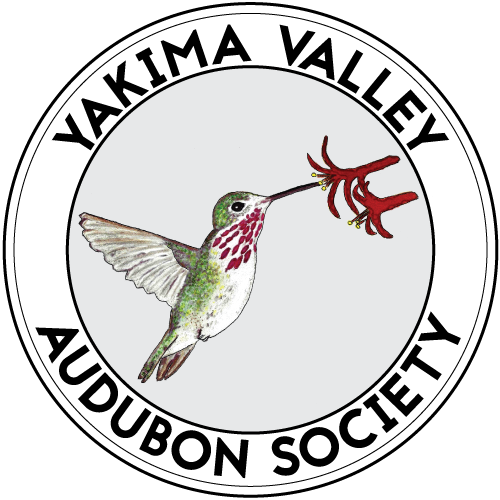Cottonwood - Rivers and Reproduction - Katrina Strahmann
General ·Katrina Strathmann, Restoration Ecologist, Mid-Columbia Fisheries Enhancement Group
Cottonwood: Rivers and ReproductionKatrina Strathmann, Restoration Ecologist Mid-Columbia Fisheries Enhancement Group
Posted by Yakima Valley Audubon Society on Thursday, January 28, 2021
Riparian forests form the foundation of lowland floodplain and channel systems. They provide shade, nutrient input, and large wood critical to maintaining channel morphology and habitat complexity for a variety of wildlife, including salmonids and songbirds. Cottonwood forests are crucial to maintaining a dynamic and healthy river ecosystem. Logs and rootwads that fall in the river channel create new gravel bars, shape bends in a river, and provide in-stream habitat for fish. They provide shade, which cools water and creates hiding areas for fish. The trees also drop branches and leaves into the water, which provide food for the aquatic insects that salmon feed on. Extensive tree roots slow erosion and reduce the amount of soil entering the water, improving water quality. The Yakima River is used by steelhead trout, a species listed as threatened with extinction under the federal Endangered Species Act, as well as several other native salmon species.
In the Pacific Northwest, the extent of riparian forests is greatly diminished since European settlement.On the Yakima River, land use activities have eliminated riparian forests, levees and roads have restricted the river’s migration zone where riparian forests are created, and river regulation attenuates annual flood patterns that are required for cottonwood establishment. Recent research suggests that the forests are aging without replacement in the Yakima basin. In her talk, Katrina Strathmann will dip into riparian ecology, how cottonwood reproduction is entwined with river functioning, and what can be done to help cottonwood forests persist into the next century.
Speaker Bio: Katrina Strathmann has over 20 years of experience managing ecological restoration projects in a variety of habitats, as well as an array of natural resources management incluing landscape-scale inventories, invasive plant management, native plant propagation, vegetation monitoring and rare plant management. She is part of the team of Mid-Columbia Fisheries Enhancement Group, a non-profit focuse on protecting and restoring native salmonids and their habitats across four counties in south-central Washington. Katrina has also worked on ecological restoration for the Yakama Nation and the National Park Service. She recieved her M.S. in Biology from San Francisco State.
